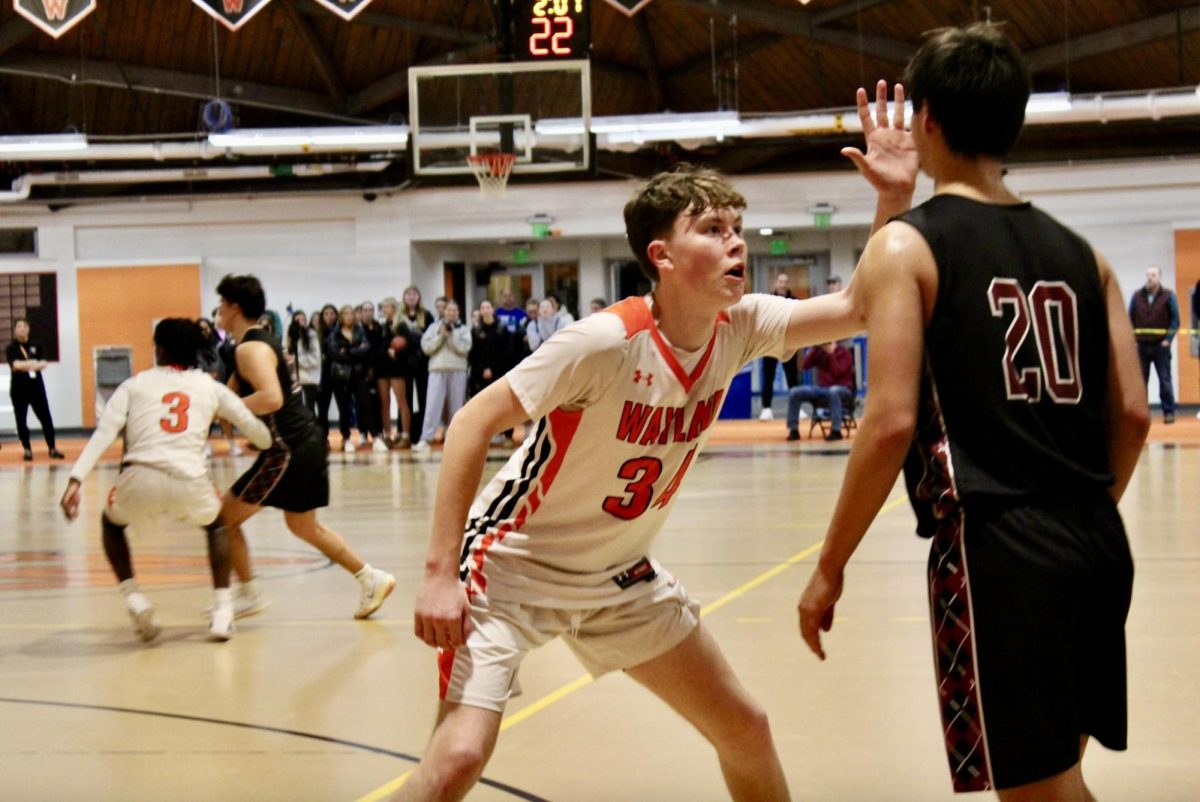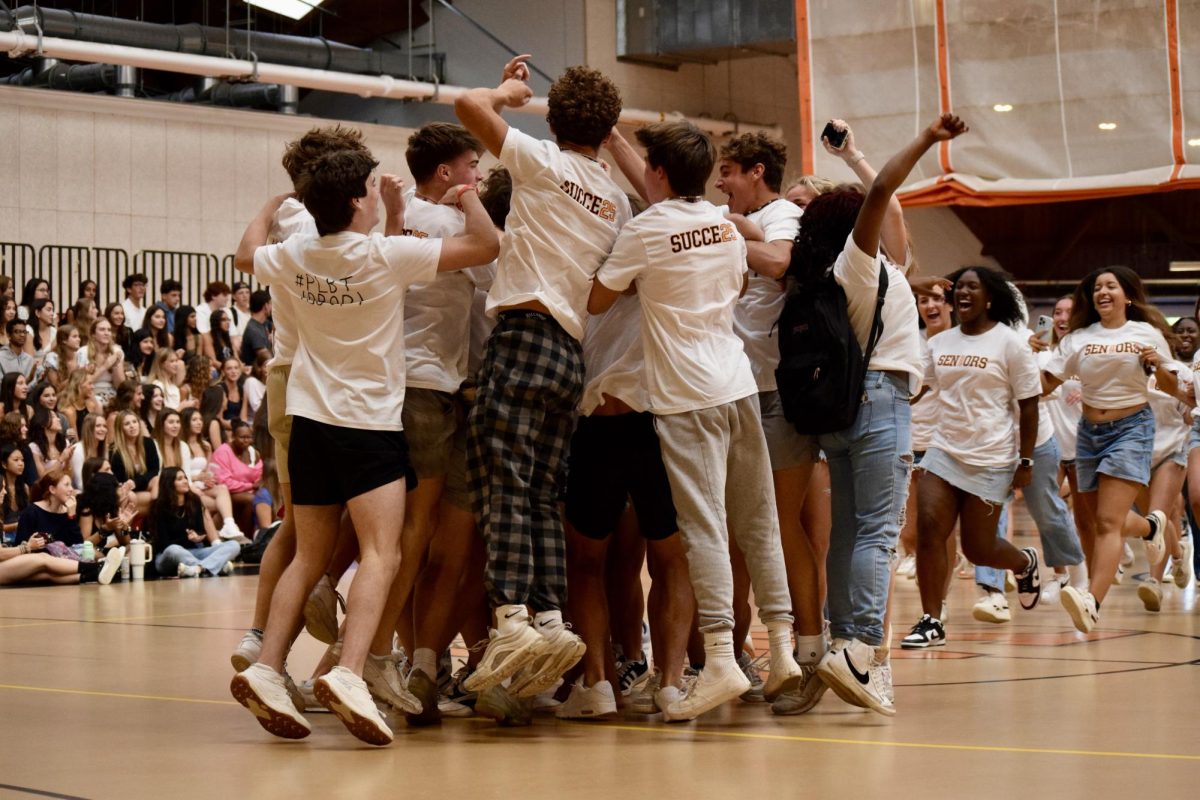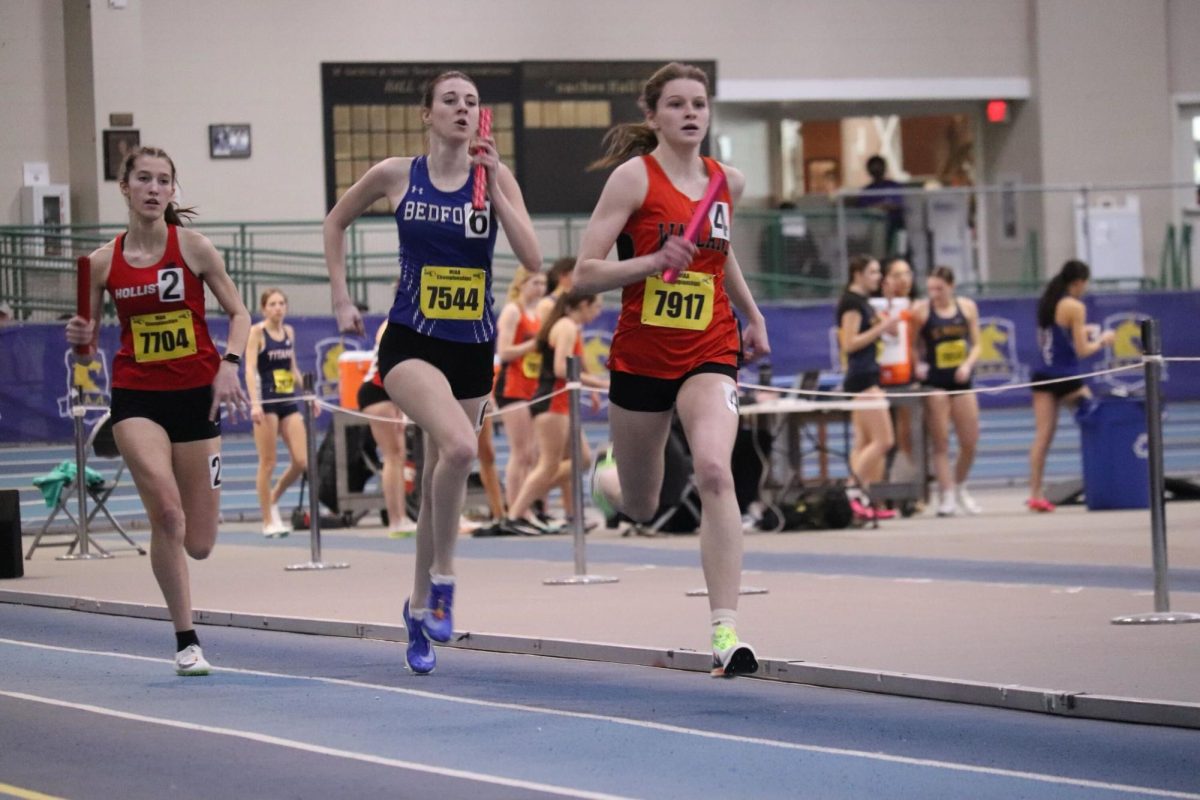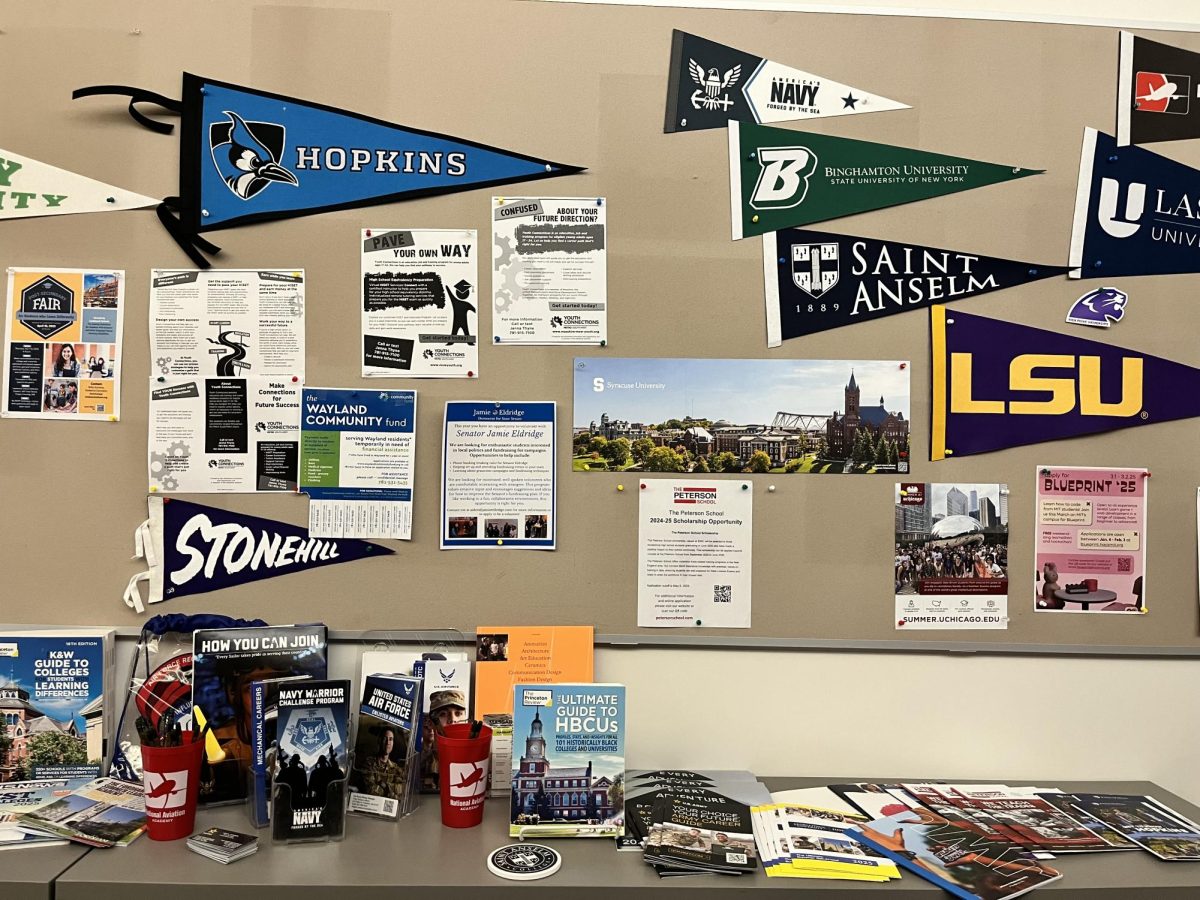
Beginning today, April 7, over 130 freshmen and juniors from randomly selected English classes will take the trial PARCC exam. The tests will run for three days for 80 minutes the first day, 85 the second and 50 minutes the last day.
The PARCC trial exam presents a problem, even in its infant stages. Taking the trial PARCC exam will force kids to miss their classes, putting students at an academic disadvantage and adding stress to already overwhelmed students. Worst of all, there’s no escape. Once students are placed on the PARCC trial exam list, they must take the test, regardless of whether or not their parents consent.
At WHS, parents have a degree of control over their children’s education. This control should be extended to the PARCC pilot test. If parents think the trial PARCC exam is detrimental to their child’s education, they should be able to excuse their child from it.
If parents can control what their child reads in school, they should be able to control whether their child participates in a pilot test. According to English Department head Brian Keaney, in one case, a parent pulled their child out of reading “Of Mice and Men” by John Steinbeck, and the teacher gave the student another novel to read.
Forcing students to miss extended periods of school time puts them at an academic disadvantage. By having only a portion of each grade take the tests, the test-taking students may fall behind while their peers continue attending classes and learning. When the students complete the tests, they must take time from their already crammed schedules to make up the class time they’ve missed, or else let their grades suffer.
“We deliberately chose the first week of quarter four, thinking that that’s hopefully after the rush of the end of quarter three testing, papers, demands on students,” Ms. Mizoguchi said. But it is never a good time for juniors.
Although administration tried to be sensitive in choosing the dates of the test, the timing of the trial exam is another way the PARCC pilot test is detrimental to students. Spring of junior year is notorious for being one of the most — if not the most — stressful times in a student’s high school career. Between preparation for SAT Is, SAT IIs, ACTs and AP tests and the college search in general, the typical junior barely has enough time to sleep, let alone miss class.
Although interim principal John Ritchie is making efforts to reduce the amount of work given during those three days, the students will still have to learn the material for future assessments.
“Our job is just to send a memo to the faculty reminding people that these kids didn’t choose to take this, they’re not getting anything out of taking this, they’re doing something for somebody else’s purposes, and it’s completely unfair to have them have to pay any price for that,” Ritchie said. “That’s my view.”
Mandating the pilot test may also hurt the data being collected for PARCC. If students are forced to participate, they will have little to no motivation while taking the test, which may cause students to perform far below their best. Knowing that the test won’t affect their futures, students may even bubble random answers to get the test over with, which would hurt the results of the trial.
The opposition isn’t only in Wayland. The Worcester Telegram recently reported that the Worcester School Committee ruled on March 6 that students can opt out of the PARCC trial exams. The Wayland School Committee should follow their lead.
“One of the [Worcester] School Committee members put it best when she said ‘Right now the field testing of the PARCC test is having kids participate in a research project. No one can be compelled without consent to participate in a research project, and minors cannot give consent on their own,’” Keaney said.
Keaney, whose son will be taking the PARCC tests at the middle school, agrees that parents should have a choice of whether their kids have to participate in the PARCC tests.
“I think it’s more the state should be getting permission from parents. I think the state should be asking parents of any kids across the state of Massachusetts who they have assigned to take these things whether or not the parents give consent to their children,” Keaney said. “So right now it’s an opt out. I think it should be flipped around. It should be an opt in.”
Right now, taking these pilot tests clearly have more disadvantages than benefits, and the Wayland community has the power to do something.





![Last Wednesday, the Wayland School Committee gathered to discuss a number of topics regarding the health curriculum and Innovation Career Pathway course. Another large topic of conversation was the ways to potentially mitigate distracting cell phone usage. "These [phones] are going to distract your learning and social relationships," Superintendent David Fleishman said. "That's concrete right there."](https://waylandstudentpress.com/wp-content/uploads/2025/06/Screenshot-2025-06-04-at-9.49.31 PM-1200x886.png)



































Vdoon • Apr 29, 2016 at 2:17 AM
I am curious as to where this group of opponents to PARCC stand with standardized assessments like AP, IB, SAT, and ACT. The federal government has put pressure on states to increase the use of AP exams; all of the exams produce data (that includes information on students’ home life.) that is consumed by large organizations; the rigor if the exams is based on ranking and sorting students versus being based on criterion..
Vdoon
exam.zone • Feb 16, 2016 at 7:20 AM
I have a students who refused the PARCC test last week. Now this week she did not agree with the project I assigned the class and is refusing to do it. There is also a lot of chatter among students voicing their opinions on what they feel is appropriate to learn in the high school and what is not. Amazing how what they find inappropriate is what is “too hard.” Has anyone caught on to the fact that we are allowing these young adults to believe they are in control of what gets taught or what desicions should be made, above the professionals.
exam.zone